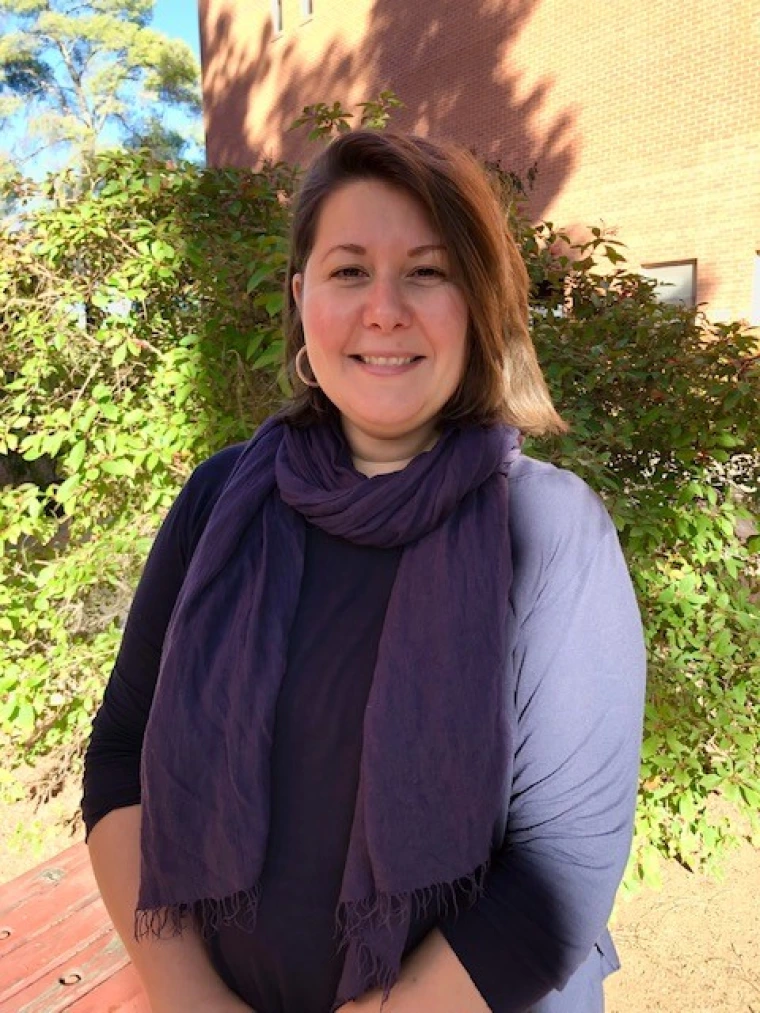"Teaching in a Material World: A Critical, Multimodal Analysis of GTAs Materials Use in the Spanish Classroom"
Dissertation Proposal Title: Teaching in a Material World: A Critical, Multimodal Analysis of GTAs Materials Use in the Spanish Classroom
Dissertation Committee: Dr. Suzanne Panferov Reese (Chair), Dr. Dwight Atkinson, Dr. Beatrice Dupuy, Dr. Nick Ferdinandt
Abstract: The proposed research is a qualitative, classroom-based case study focusing on Graduate Teaching Assistants’ (GTAs) use of materials in the Spanish language classroom.
Language learning and teaching materials (LLTM) are central, rather than peripheral, to how GTAs are socialized into teaching a language, and in what takes place in the language classroom. Often graduate student-instructors are provided with rigid syllabi, textbooks, and/or pre-existing materials for use in their classes. However, GTAs still use materials in creative and idiosyncratic ways, which may result in unpredictable language teaching and learning dimensions. By adopting sociomaterialism (Fenwick, 2015; Pennycook, 2018) as a paradigmatic orientation, the definition of materials expands to include a wider variety of phenomena, such as physical entities, texts, environments, signs, and technologies (Guerrettaz et al., 2021).
I will investigate how GTAs adopt, appropriate, and respond to materials based on contextual factors including their own views and understanding of language and culture(s), as well as institutional demands that inform their teaching practices in the Spanish language classroom at the University of Arizona. In particular, what materials and knowledge do GTAs plan to use in their teaching; how do they use these; and how do they make sense of what goes on in their classrooms?
The study takes a grounded approach to understanding GTAs’ teaching experiences in situ through critical discourse analysis of interviews and multimodal interactional analysis of classroom video recordings. The goal is to identify areas for improvement for language program administrators in supporting GTAs in their training and to offer suggestions for enhancing current GTA training models toward the development of critical language teachers, aware of how they can make the most out of their material world.


